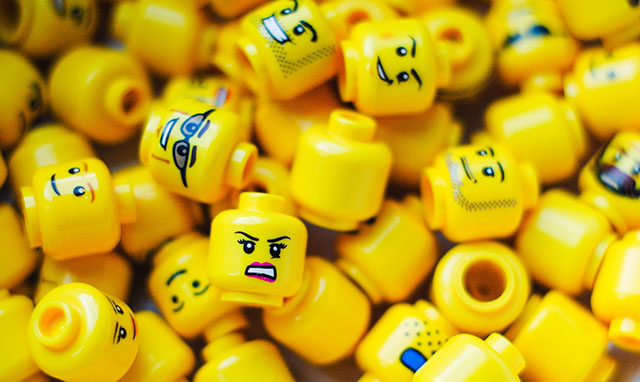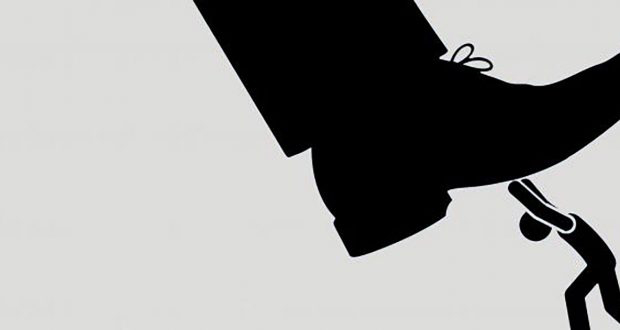
[dropcap]L[/dropcap]EGO has released a statement pledging a commitment to ensuring their “products and marketing is accessible to all and free of gender bias and harmful stereotypes”.
This announcement follows the company’s publication of the LEGO Group Creativity Study
conducted in collaboration with the Geena Davis Institute on Gender in Media and instep of
the UN’s International Day of the Girl.
The study is focused on understanding how traditional gender roles influence a child’s play
and creativity.
The report showed that 59 per cent of parents say they encourage their sons to build with LEGO
bricks compared to 48 per cent of parents who encourage their daughters.
The report points out “that girls are more confident than boys to engage in a variety of play
and creative activities” with girls being less likely to believe that activities are limited to one
gender than boys.
Although 82 per cent of girls and 71 per cent of boys agree that “it’s ok if girls want to play football and
boys want to do ballet,” the report claims that societal pressures hold girls and boys back.
The study found that parents were “four times more likely to encourage girls to engage in
dance and dress-up than boys, twice as likely to encourage boys to engage in coding than
girls and three times more likely to encourage boys over girls to engage in programming
games, sports and LEGO play.”
Which they found subsequently not only impacts a child’s “creative development but also
future creative career paths,” with 85 per cent of parents thinking of “scientists and athletes as men
than women” and 89 per cent think “of engineers as men than women.”
The study acknowledged the pressure on boys to conform to societal gender roles and being
prejudiced against when playing with a toy traditionally used by the opposite gender.
According to the report, “71 per cent of boys vs. 42 per cent of girls say they worry about being made fun of if they play with a toy typically associated for the other gender.”
LEGO has launched its Ready for Girls campaign which aims “to help girls rebuild the
story and welcome more girls to LEGO building, ensuring they aren’t losing out on the
benefits of LEGO play due to societal expectations.”
As part of the campaign, the LEGO group released a series of three short films in order to
celebrate entrepreneurial and inspiring girls from across the globe.
“We know there is work to do which is why from 2021, we will work closely with the Geena
Davis Institute on Gender in Media and UNICEF to ensure LEGO products and marketing
are accessible to all and free of gender bias and harmful stereotypes,” the company said.
Claire Young
Image credit: HelloImNick on Unsplash



